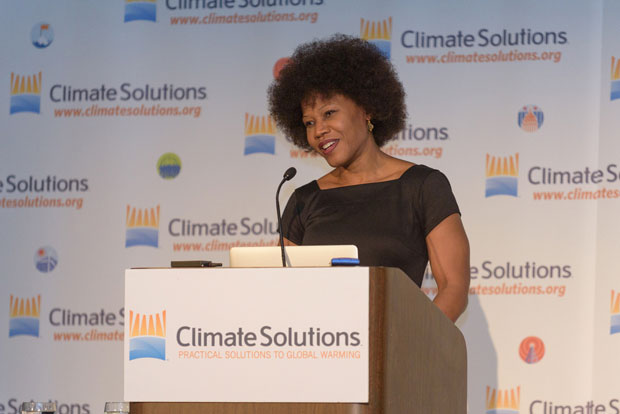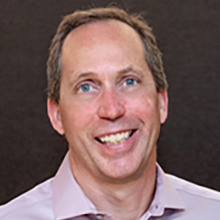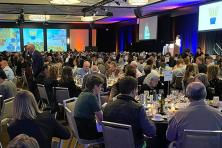In 1963, as Rev. Martin Luther King sat in a jail cell in Birmingham, AL, a group of ministers wrote asking him to slow down—to rein in his urgent demands for social justice. King responded with measured yet powerful understatement: "I hope that you can understand our legitimate and unavoidable impatience."
Our dinner keynote speaker Majora Carter—a national leader at the nexus of climate and equity—reminded us of King's words in the context of the climate crisis. We, too, face powerful political obstacles, friends who tell us that our goals are too audacious, and entrenched fossil fuel interests whose economic power casts a long shadow over our movement for a transition to the broadly shared clean energy economy.
But we can't be swayed by those forces. In fact, as Majora urged us, we must tap into our own “legitimate and unavoidable impatience” for climate progress. “Let’s use our impatience," she told us. "Let’s get to the point where we say no, this is not enough.”
Together in the Northwest, we have made incredible strides towards a clean energy economy in the past few years. But we know that it's not enough. While there are solutions all around us, the scale of the problem and the speed of climate impacts mean we need to do a lot more at a faster pace to get to our shared bright future.
It will take all of us working together to get the job done. We're going to account for the cost of carbon pollution while investing in solutions. We're going to defend clean fuels and accelerate the electrification of our transportation sector. We're going to hasten faster progress on cutting energy use from our built environment, and we're going to achieve a just transition away from fossil fuels, that protects all our communities.
Many of us are still searching to find a clear path forward for climate progress, given the darkening of the national political landscape. Here again, Majora provided some inspiration. One thing that Trump's victory clearly demonstrated is that it is possible to make people respond by speaking to their fears. Yet, as Majora encouraged us to understand, we will reach people more powerfully by listening to them and then responding "not with fear, but with real solutions and with love.”
Thank you for all that you do in our shared work to promote clean energy solutions and protect an equitable, healthy future for all our communities. I'm inspired by your solidarity, and I feel optimistic as we prepare for another year of hard work. Majora also reflected that “community is not just a place but an activity” and I have gratitude for the ever-expanding climate community.
Have a great end of the year!





